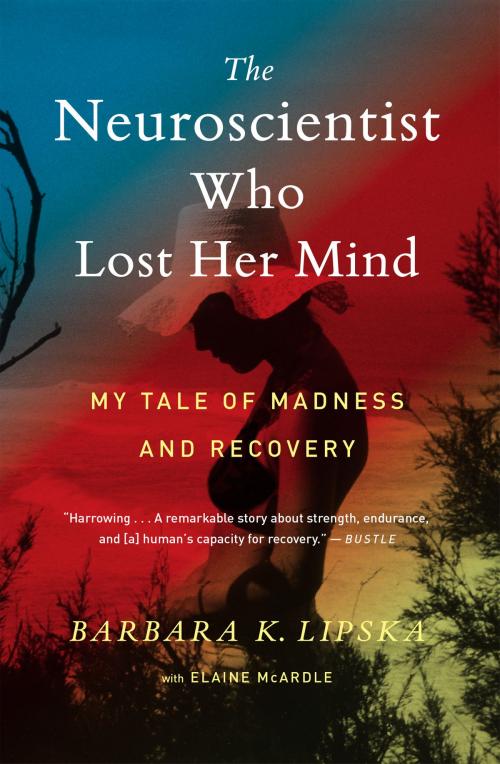The Neuroscientist Who Lost Her Mind
My Tale of Madness and Recovery
Nonfiction, Health & Well Being, Psychology, Mental Health, Science & Nature, Science, Biological Sciences, Biography & Memoir| Author: | Barbara K. Lipska, Ph.D, Elaine McArdle | ISBN: | 9781328787279 |
| Publisher: | HMH Books | Publication: | April 3, 2018 |
| Imprint: | Houghton Mifflin Harcourt | Language: | English |
| Author: | Barbara K. Lipska, Ph.D, Elaine McArdle |
| ISBN: | 9781328787279 |
| Publisher: | HMH Books |
| Publication: | April 3, 2018 |
| Imprint: | Houghton Mifflin Harcourt |
| Language: | English |
As a deadly cancer spread inside her brain, leading neuroscientist Barbara Lipska was plunged into madness—only to miraculously survive with her memories intact. In the tradition of My Stroke of Insight and Brain on Fire, this powerful memoir recounts her ordeal and explains its unforgettable lessons about the brain and mind.
At the height of her career, Barbara Lipska—a leading expert on the neuroscience of mental illness—was diagnosed with melanoma that had spread to her brain. Within months, her frontal lobe, the seat of cognition, began shutting down. She exhibited dementia- and schizophrenia-like symptoms that terrified her family and coworkers. But miraculously, the immunotherapy her doctors prescribed worked, and Lipska returned to normal. With one difference: she remembered her brush with madness with exquisite clarity. Lipska draws on her extraordinary experience to explain how mental illness, brain injury, and age can distort our behavior, personality, cognition, and memory. She tells what it is like to experience these changes firsthand. And she reveals what parts of us remain, even when so much else is gone.
As a deadly cancer spread inside her brain, leading neuroscientist Barbara Lipska was plunged into madness—only to miraculously survive with her memories intact. In the tradition of My Stroke of Insight and Brain on Fire, this powerful memoir recounts her ordeal and explains its unforgettable lessons about the brain and mind.
At the height of her career, Barbara Lipska—a leading expert on the neuroscience of mental illness—was diagnosed with melanoma that had spread to her brain. Within months, her frontal lobe, the seat of cognition, began shutting down. She exhibited dementia- and schizophrenia-like symptoms that terrified her family and coworkers. But miraculously, the immunotherapy her doctors prescribed worked, and Lipska returned to normal. With one difference: she remembered her brush with madness with exquisite clarity. Lipska draws on her extraordinary experience to explain how mental illness, brain injury, and age can distort our behavior, personality, cognition, and memory. She tells what it is like to experience these changes firsthand. And she reveals what parts of us remain, even when so much else is gone.















